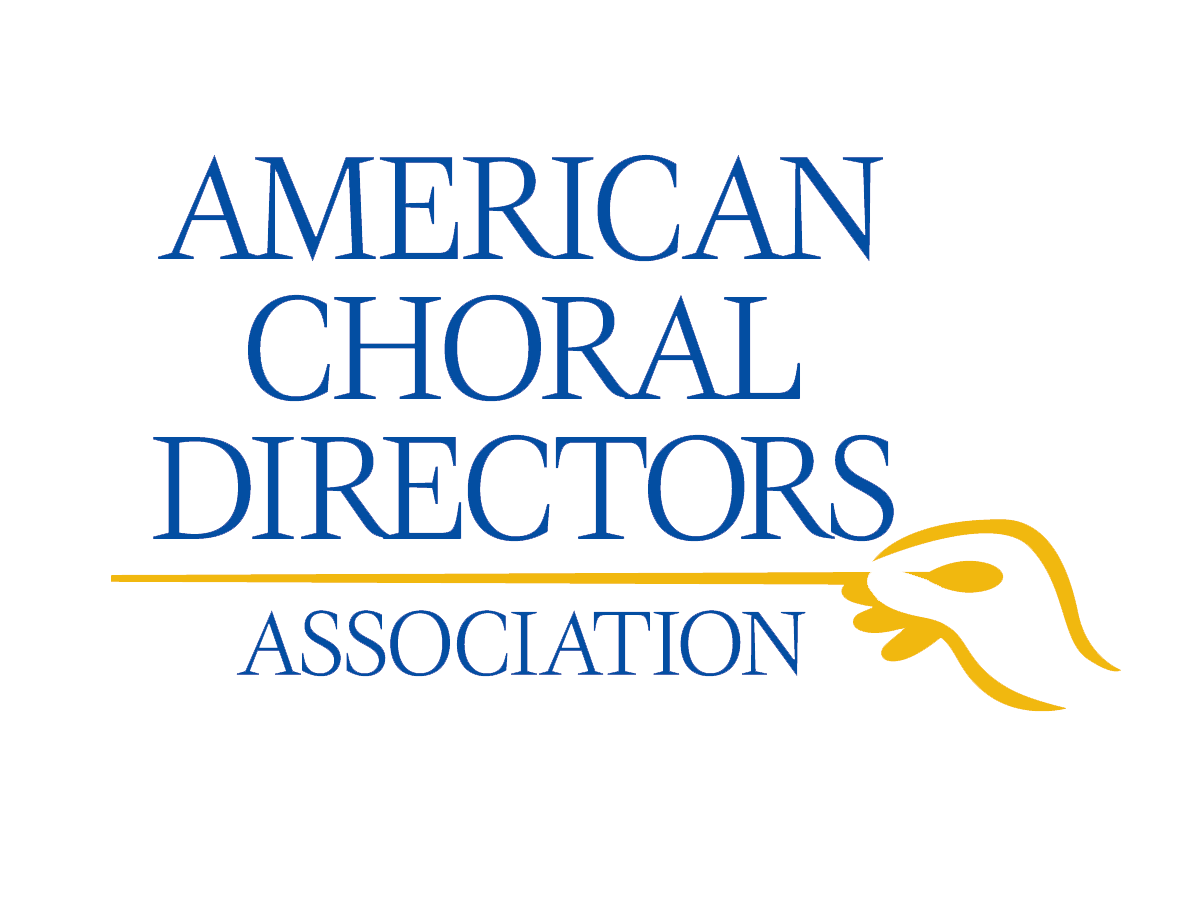The purpose of this study was to investigate whether the sequence in which a choir learns the elements of a song (e.g., rhythm, pitch, text, expression) influence the musical expression (e.g., articulation, dynamics) of their performance. We were also curious if learning sequence would affect expressive retention over time. Participants included four intact sixth-grade choir classes from two large middle schools located in the southeast United States. Participants learned two different songs, one with an infused-expression sequence and one with a post-expression sequence. During the infused-expression sequence, participants learned expressive elements alongside rhythm, pitch, and text. During the post-expression sequence, participants learned the rhythm, pitch, and text first, followed by expressive elements. Each participant recorded a performance of each song immediately after the initial learning sequence and again one week later. Results showed that when students learned a song using an infused-expression sequence they performed more expressively both on the initial and retention recording than students who learned the same song using a post-expression sequence. Implications for the use and benefits of infused-expression sequencing as well as future research are discussed.
You are here: Home / IJRCS / The Effects of Rehearsal Sequence on the Musical Expressivity of Young Voices


